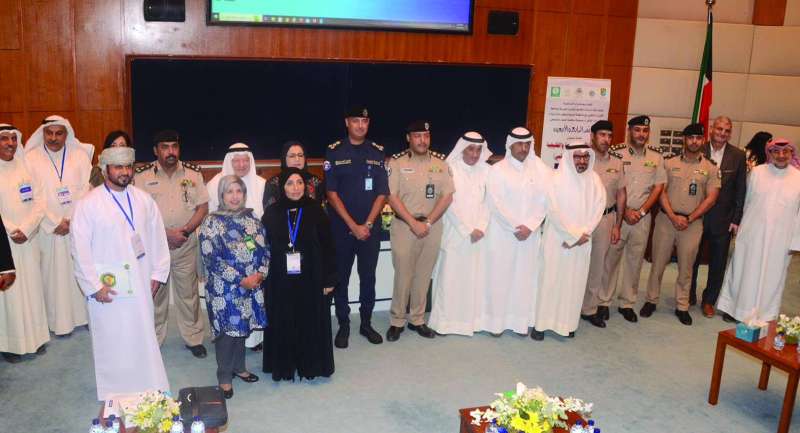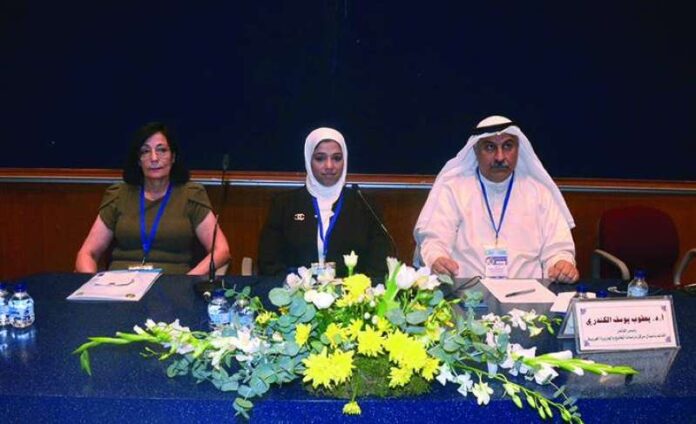While technology is widely wrapped around the neck of the Gulf and Arab family today, causing an increase in rates of family instability, with the emergence of many psychological and social symptoms, the information network has become a part of every home, affecting family life since the mid-nineties of the last century, when 1995 came to be known the year of the Internet.
Yesterday, the Acting Director of the Center for Gulf and Arabian Peninsula Studies at Kuwait University, Dr. Yacoub Al-Kandari, opened the 44th conference on Arab and Gulf family issues in light of digital transformation, which includes 6 sessions with 21 workshops and continues on Tuesday, reports Al-Rai daily.
In his opening speech, Al-Kandari pointed to the clear impact of technology on the family and family relationships, and on the social and psychological aspects in particular, considering that communication and information technologies have played a prominent interactive role on humans, and that many social and psychological symptoms have emerged as a result of the interaction between technology and human behavior.
He added that the social issues under discussion at the conference touch on the most prominent tools and variables that have affected and are still affecting the family, namely the uses of technology and information and the transformations that have occurred in digital technologies.
Al-Kandari stated that technologies are escalating and developing until the emergence of social media networks that have become clearly influential and are widely and effectively circulated, especially after the updates that occurred in the use of the smartphone, which combined the ability to communicate technical and information, transcending the boundaries of place and time.

He stressed that these technical developments have had a significant impact on the social system of the family, which is considered the nucleus of society and its first building block, which made the family face these challenges and developments and were greatly affected by them, and led to the emergence of one of the most prominent interactive problems, which is the increase in rates of family instability and the emergence of many psychological and social symptoms, for which technology was a major factor, as demonstrated by social, psychological and behavioral studies.
Dr. Al-Kandari gave an example of pride in the Palestinian family and its resistance to the oppressive Zionist entity in Gaza, saying: “How many families have received the honor of martyrdom? How many fathers and mothers left behind young orphans? Despite the misleading information that the Western media is publishing about the events.”
The Secretary General of the Women Empowerment and Capacity Building Organization, Dr. Taghreed Al-Hajli, said in her speech that the conference aims to shed light on the issues of digital transformation, childhood, the elderly, social responsibility of the private sector, and family challenges in confronting digital addiction.
Al-Hajli stressed the need to pay attention to the future of the Arab family and the cultural identity of families, amid this digital transformation, to reach new visions and raise problems to find appropriate solutions.























